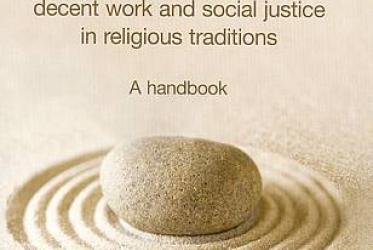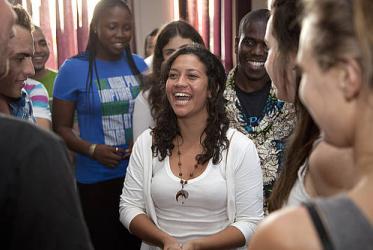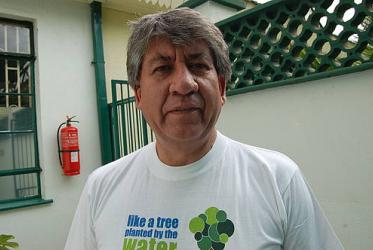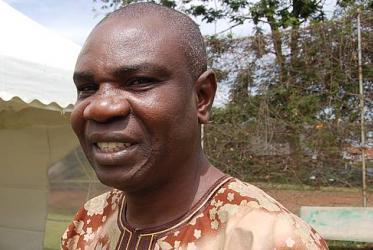Displaying 801 - 820 of 949
Churches on the way to Rio+20
30 April 2012
Ethics and human rights focus for Rio+20 summit
22 March 2012
Christian leaders “fast for fair food”
02 March 2012
Working together for social justice and decent work
23 January 2012
WCC general secretary recalls anti-apartheid movement
11 January 2012
Just peace, prayer and a common witness keep church relevant
22 December 2011
Searching for a new financial and economic architecture
20 December 2011
Youth promise active involvement for environmental justice
14 December 2011
Durban outcome is not enough, says WCC
13 December 2011
Religious voices advocate for climate justice at Durban
28 November 2011
Before Durban climate talks, Brazilian ecumenists think about Rio+20
23 November 2011
Working for eco-justice is the mission of church
07 November 2011
Ecumenical Water Network breaks new ground
03 November 2011
Seeking government partnership for water justice
31 October 2011
Climate change is at its root a spiritual crisis
28 October 2011















